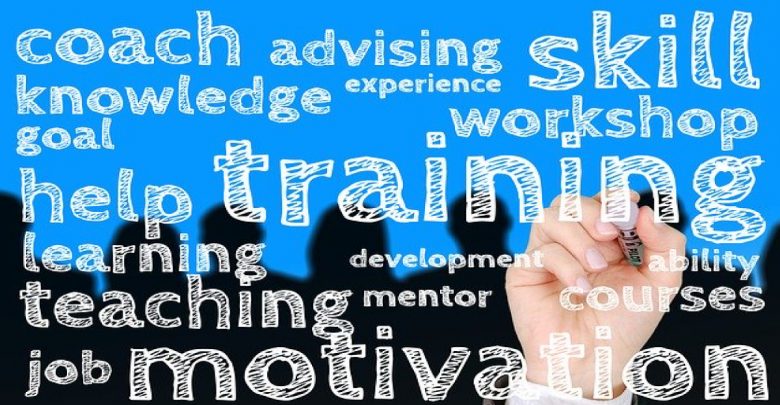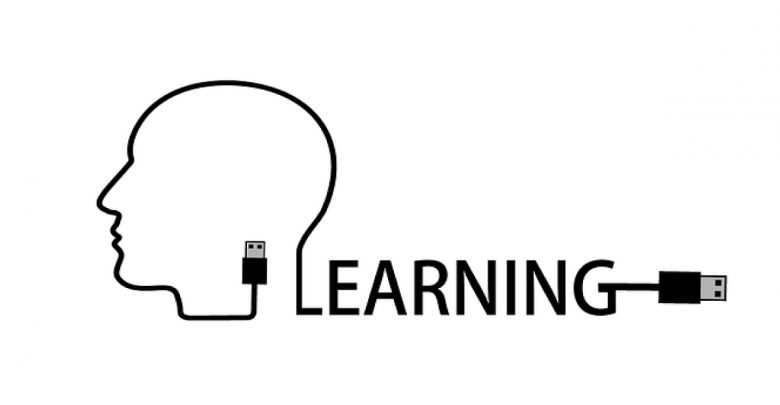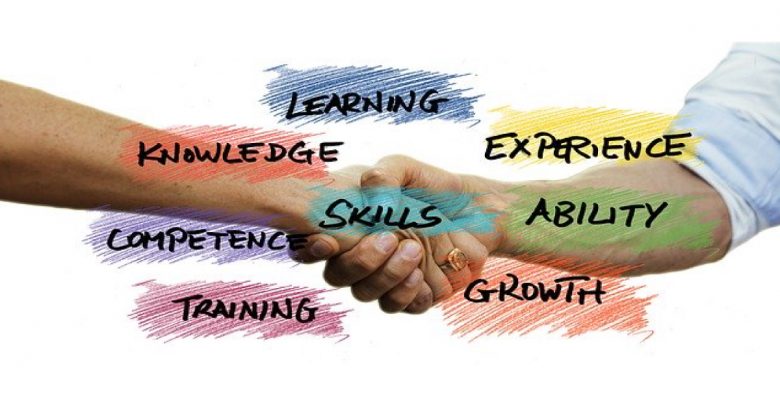Designing Educational Programmes
Designing Educational Programmes
-
Introduction: The emerging practice of ‘multi-channel learning’, which focuses on enriching the educational experience by engaging all resources that are available to help effect incremental change by coordinating the various ways to connect learners with information, knowledge, and stimulation, and to mediate those interactions, provides valuable insight into how blended learning approaches can be delivered and tailored in areas of…
Read More » -
Introduction: The evaluation report should be structured in a manner that reflects the purpose and questions of the evaluation and should be clearly addressed for proposing changes and proposing adaptation in the future model of the training. The specific evaluative rubrics should be used to ‘interpret’ the evidence and determine which considerations are critically important or urgent. Evidence on multiple…
Read More » -
Introduction: Evaluations often make recommendations about how a program can be improved, how the risk of program failure can be reduced or whether a program should continue. However, not all evaluations include recommendations. It is important to clarify whether recommendations are expected when developing the evaluation brief, terms of reference or scope of work. Content: Why is important to dedicate…
Read More » -
Introduction: Social Learning Theory, theorized by Albert Bandura, posits that people learn from one another, via observation, imitation, and modeling. The theory has often been called a bridge between behaviorist and cognitive learning theories because it encompasses attention, memory, and motivation. Content: Social learning theory explains human behavior in terms of continuous reciprocal interaction between cognitive, behavioral, and environmental influences.…
Read More » -
Introduction: Community catalyzes deep learning and should be a critical consideration when planning physical and virtual learning spaces. Why we conduct education as we do is a puzzling question. How to do it better is a big challenge. For us, the idea that learning should be the primary purpose of education has been a beacon—we might all agree that learning…
Read More » -
Introduction: Stories get the results that other communications can’t. Effective story-telling is a tool that trainers and facilitators could use to better understand what there is behind the group of participants and how to involve them in a meaningful design of training. Content: There’s actually a biological reason why humans are so good at stories. No doubt you’ll have observed…
Read More » -
Introduction: All content needs to be taught to the application and creation level or higher. Sheer instruction alone does not guarantee the transfer of knowledge. Transfer of learning occurs when the knowledge we acquire moves from our working memory to long-term memory and is retrievable. There are many things that impede this process. As a facilitator, we need to make…
Read More » -
Introduction: Many methodologies can be used for collecting data, even too many if we are not fully aware of the way we are going to use them. Content: DIFFERENT METHODS OF COLLECTING INFORMATION METHOD ADVANTAGES DISADVANTAGES Surveys (Mail) · Many people can be surveyed · Not time-consuming · Relatively inexpensive · Everyone gets the same instrument · Objective interpretation ·…
Read More » -
Introduction: Generally speaking, people like to surround themselves with individuals or groups that have similar views and opinions. Life is easier if we don’t need to debate every point or decision that is required in our lives. This may be fine for certain aspects of life, but when it comes to leading an effective management team, this will usually result…
Read More » -
Introduction: The concept of transferability of learning has different aspects and can be defined by situation, context, and behaviors. Content: The main purpose of any learning or education is that a person who acquires some knowledge or skill in a formal or structured situation like a classroom, or a training situation, will be able to transfer such knowledge and skills…
Read More »









